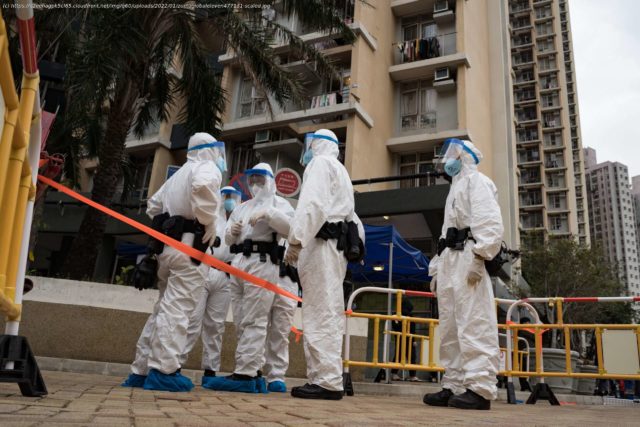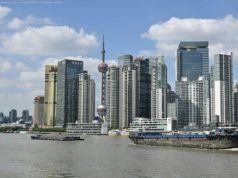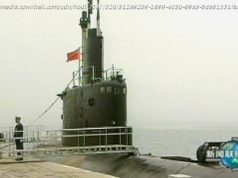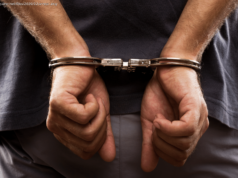What happens in places where the pandemic is a transparent guise for seizing more state power?
In March 2020, curfews were implemented in most major American cities. Schools were shuttered and people were given stay-at-home orders. Though many in the West have rightly wondered about the degree to which COVID-19 suppression has actually been a guise for state actors to seize more control, in Hong Kong, the case is airtight: Pandemic mitigation measures have provided cover for Beijing to stifle whatever pro-democracy holdouts remained, to fully implement the national security law that went into effect in June 2020 and aims to bring long-autonomous Hong Kong under Chinese Communist Party (CCP) control, destroying the freedoms Hongkongers hold dear. When Britain handed its prosperous colony Hong Kong over to China in 1997, a condition of the transfer was that Beijing would allow the territory to maintain significant freedoms, along with a separately functioning system until 2047, called «one country, two systems.» With the national security law, Beijing has opted to prematurely seize control and suppress dissent, censoring any people deemed disloyal by the state. The law, which was proposed after legislators in Hong Kong had put forth an extradition bill that would’ve allowed Hongkongers to be tried for specific crimes on the mainland, was roundly criticized by The New York Times (and many other outlets) «for introducing ambiguously defined crimes such as separatism and collusion that can be used to stifle protest.» The national security law marks the end of Hong Kong’s era of freedom and, possibly, the end of its prosperity. But all this went down in early 2019, sparking a protest movement later that year, and continued up until the first part of 2020, until the pandemic hit. Then, COVID-19 served as the convenient excuse for why Legislative Council (LegCo) elections had to be postponed for a year. With tempo on its side and the goodwill that had been generated by a million-person-strong protest movement, the pro-democracy coalition could have maintained some influence within Hong Kong’s legislative body even as electoral viability dwindled in the face of Beijing’s increased exertions. But between elections, LegCo rules were swiftly changed allowing only » patriots » who pledge loyalty to Beijing to run. «The government spared no effort to paint the election as legitimate, even threatening foreign newspapers that suggested otherwise,» reported The New York Times.
Домой
United States
USA — China Hong Kong's Politicians and Cops Use Pandemic Justifications To Do Beijing's Bidding






